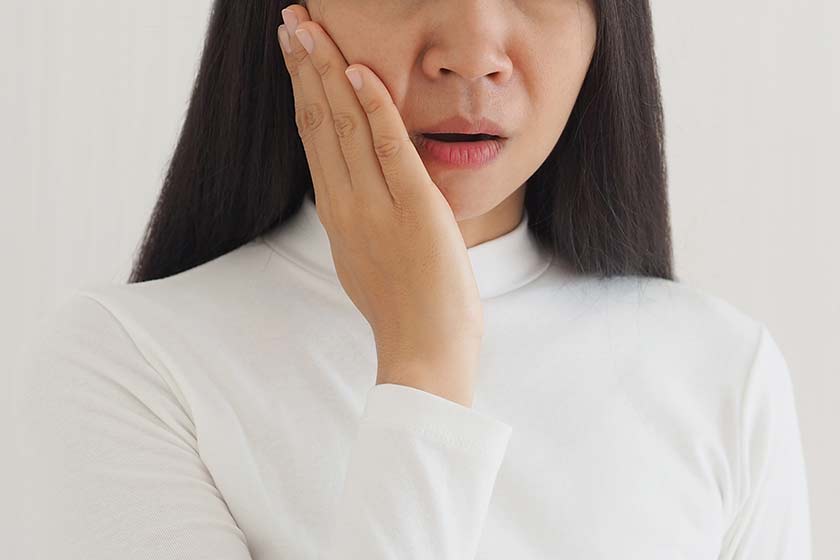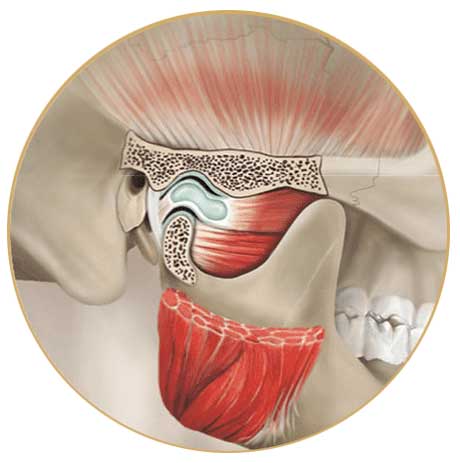Physiotherapy in Milton, Ontario
- Home
- About
- WHAT WE TREAT
- KNEE PAIN
- NECK PAIN
- PARKINSON’S DISEASE
- ARTHRITIS
- BALANCE & GAIT DISORDERS
- HIP PAIN
- SHOULDER PAIN
- LOW BACK PAIN
- AMPUTATION
- CARPAL TUNNEL SYNDROME
- CHRONIC PAIN
- DIZZINESS & VERTIGO
- CONCUSSION
- FIBROMYALGIA
- FOOT PAIN
- HEADACHE RELIEF
- LYMPHEDEMA
- SPORTS INJURY
- TMJ DYSFUNTION
- OSTEOPOROSIS
- ELBOW, WRIST & HAND PAIN
- PRE-SURGICAL PHYSIOTHERAPY
- POST SURGICAL REHABILITATION
- TOTAL HIP & KNEE REPLACEMENT
- PRE AND POST NATAL CARE/ PREGNANCY
- MOTOR VEHICLE ACCIDENTS & INJURIES
- HOW WE TREAT
- PHYSIOTHERAPY
- MASSAGE THERAPY
- PELVIC FLOOR
- SHOCKWAVE THERAPY
- CUSTOM FITTED BRACE
- CUPPING THERAPY
- DRY NEEDLING
- ELECTRICAL STIMULATION
- ERGONOMIC TRAINING
- IASTM / GRASTON TECHNIQUE
- JOINT MOBILIZATION
- KINESIO TAPING (KT)
- LASER THERAPY
- MANUAL THERAPY
- MULLIGAN CONCEPT
- MYOFASCIAL RELEASE
- NATUROPATHY
- ORTHOTICS
- ACUPUNCTURE
- CONCUSSION MANAGEMENT
- MCKENZIE METHOD
- RUN & GAIT ANALYSIS
- TELEHEALTH
- SPINAL MANIPULATION
- SPORT-SPECIFIC TRAINING
- THERAPEUTIC EXERCISE
- THERAPEUTIC ULTRASOUND
- VESTIBULAR REHABILITATION
- HOME CARE
- SPORTS REHAB & PERFORMANCE
- Blog
- 905 864.8181
TMJ DYSFUNTION

Finding Relief For Your TMJ Dysfunction With Physiotherapy
Temporomandibular joint dysfunction, also known as TMJ dysfunction, is a condition that causes pain and stiffness of the jaw joint and its surrounding muscles. The temporomandibular joint connects your jaw to your skull. If there is an injury to this joint or it becomes damaged in any way, TMJ dysfunction may develop.

The temporomandibular joint is a complex and important structure comprised of bones, tendons, and muscles that may cause you to feel pain on one or both sides of the jaw. This can make it very difficult to open your mouth, talk, yawn, and chew.
If you are having difficulty chewing or yawning, have jaw pain, or hear a clicking noise when you open and shut your mouth, you could have TMJ dysfunction. Request an appointment with Revolve Physiotherapy to find relief for your TMJ dysfunction with physiotherapy.
How can I tell if I have TMJ Dysfunction?
There is no single method or surefire way of diagnosing TMJ dysfunction. If you believe you may be suffering from this condition, a medical professional will analyze your medical history and perform a physical exam. Your physician may also send you to an otolaryngologist or a dentist specializing in jaw disorders.
The idea is to rule out other medical problems before diagnosing the patient with TMJ dysfunction. The symptoms may also be due to a condition known as trigeminal neuralgia, salivary gland disease, or even swollen lymph nodes. Once your diagnosis has been determined, you will be treated based on the nature of your symptoms.
TMJ Dysfuntion can manifest in a variety of ways and may include the following symptoms:
Jaw Pain: The most common symptom is pain or discomfort in the jaw joint. This pain can be sharp and temporary or chronic and dull.
Jaw Clicking or Popping: Some individuals with TMD may experience clicking, popping, or grating sounds when they open and close their mouths. This can be due to changes in the joint’s structure or function.
Locking of the Jaw: In some cases, the jaw may temporarily lock in an open or closed position, making it difficult to open or close the mouth fully.
Muscle Pain: TMD can cause pain in the muscles that control jaw movement, leading to facial pain, headaches, and neck pain.
Difficulty Chewing: Some people with TMD may have trouble chewing, and their bite may feel uneven or uncomfortable.
Earache: TMD can also cause referred pain to the ears, leading to earaches and ringing in the ears (tinnitus).
The exact causes of TMD can be complex and multifactorial. Common factors contributing to TMD include:
Dental Issues: Misaligned teeth, an improper bite (malocclusion), or dental problems can strain the jaw joint.
Bruxism: Teeth grinding and clenching, especially during sleep, can put excessive pressure on the TMJ and surrounding muscles.
Injury: Trauma to the jaw or face, such as from an accident or sports injury, can lead to TMD.
Stress: Emotional and psychological stress can lead to clenching of the jaw muscles, exacerbating TMD symptoms.
Arthritis: Inflammatory joint conditions like arthritis can affect the TMJ.
How will physiotherapy help with my TMJ Dysfunction?
In some cases, home remedies can be used to treat TMJ dysfunction. Some people respond well to over-the-counter pain relievers, such as Ibuprofen or Aspirin. Applying ice packs directly to the jaw joint can also help relieve pain. When home remedies don’t work at providing long-term relief, medical intervention may be necessary. Stronger muscle relaxers or anti-inflammatory medications may be prescribed to manage pain.
A jaw specialist may also use a dental splint to keep teeth properly aligned and prevent tooth grinding. Other types of medical treatment include trigger point acupuncture, joint replacement, or a TMJ arthroscopy. However, if you want to avoid taking pain-relieving medication and use a more holistic approach, physiotherapy is perhaps one of the most effective treatments for TMJ dysfunction.
At your initial appointment at Revolve Physiotherapy, we will do a comprehensive evaluation on your neck, shoulder girdle, and thoracic spine in order to determine if those structures are causing your symptoms. Your physiotherapist will then create a treatment plan based on the nature of your symptoms and your specific needs.
Our physiotherapist will analyze your jaw mobility and release muscle tension in the areas surrounding your neck and head. The goal of physiotherapy is to restore your normal function and the interaction of the jaw muscles and joints.
Your treatment plan may consist of any combination of methods and modalities. It include jaw exercises, soft tissue massage, joint mobilization, myofascial techniques, electrical stimulation, or ultrasound.
TMJ Dysfuntion treatment in Milton. Choose the best team! Call us 905 864.8181 and talk to a Specialist!